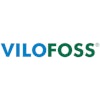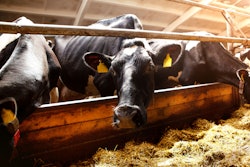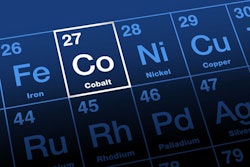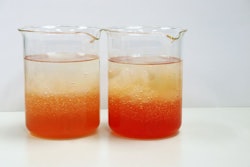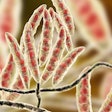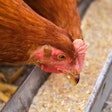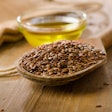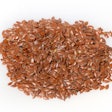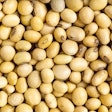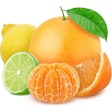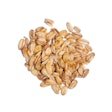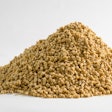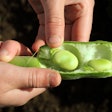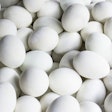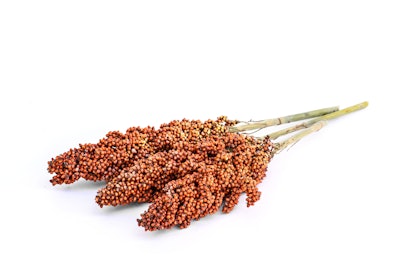
We will close the series in cobalt for ruminants by examining the level of cobalt encountered in some of the most common grains (dried, concentrates). We always take the NRC minimum requirement of 0.1 ppm as our baseline, and we also keep in mind that what one may consider as the natural food for ruminants – fresh, lush grass – contains the same level of cobalt.
Corn
We start with the most widely used cereal in ruminants, and that remains corn (or maize for our European counterparts). Cereals are poor sources of cobalt (with notable exceptions) and corn is such an example with only 0.02 ppm cobalt
Sorghum
This is of interest because it is the exception to the norm. Grain sorghum contains 0.14 ppm cobalt, and this gives another little-known advantage to this cereal that we have examined in the past. When sorghum grain is combined with the right roughage material, the total ration can easily exceed minimum requirements.
Small cereals
Here we will combine the likes of wheat and rice (both at 0.05 ppm cobalt), barley and oats (both at 0.04 ppm cobalt), and rye (0.03 ppm cobalt). Slightly higher than corn, and substantially lower than sorghum, these cereals contain low to average levels of cobalt, demonstrating again the need for finding other sources of this mineral elsewhere.
Soybean meal
Again, when we discuss protein sources, we will begin with the most widely used, and that is soybean meal (44% to 48% crude protein, depending on the region one finds this product). Soybean meal, therefore, is found with 0.20 ppm cobalt, which places it in a nice position to cover some of the deficit in some cereals.
Linseed meal
This is the favorite of mine for many reasons, but lamentably it cannot be easily procured. As it happens, it also lends a helpful hand when it comes to cobalt, containing an amazing level of 0.55 ppm, making it one of the richest sources of cobalt. At Ariston Nutrition we value linseed/flaxseed products, not just for their protein, and cobalt appears to be another reason.
Rapeseed meal
This is known as canola in Canada, but it is (mostly) the same plant. It has become important in Europe as it is being used as a source of oil for biodiesel, leaving behind ample quantities that are being fed to all farm animals. Rapeseed, then, contains 0.09 ppm cobalt, placing it at a disadvantage against the above-mentioned protein sources.
Closing, we see that we cannot easily cover the minimum requirement of cobalt for ruminants unless we select the right ingredients, something that might not be economical at the moment. But, our prediction remains that cobalt will enter into feed formulation as another nutrient to be monitored closely.

